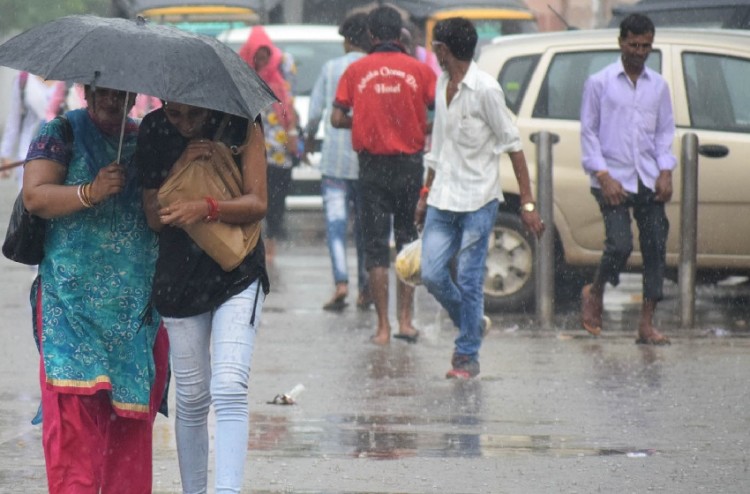By Ramita Taneja, Life Coach and Counsellor
The pandemic made people face challenging times all across the Globe. It engulfed the entire race of mankind and introduced the times of uncertainty. Grief become a reality in the year 2020 and continued in 2021. Everyone was trying to cope up with all kind of personal , emotional, mental a d medical hardships. Loss of work, physical activity, meeting friends and family, health were the main issues among many others that most of the people wish to discuss, however there was a deep uncomfortable silence about coping up with the loss of loved one as people feared sharing their emotional side.
In my opinion, all losses are to dealt with due consideration but losing a loved one is severe as it cannot be replaced or redone also it is very personal and depends on individual’s mental strength to cope with it.
It is only recently that people have started to accept grief counselling as a major part of healing after understanding that when grief
persists for a long time it eventually leads to depression.
I often hear that people felt pangs of guilt when either they took care of themselves or they tried to move on. As a counsellor I instead, advise patients family and near ones to be a part of the process that helps the grieving feel better mentally and physically. It is the individual himself who needs to help himself
With my experience, I have penned a few ways to care for yourself :
1. Exercise Regularly : It is a well known fact that active body leads to active mind. Exercising regularly, like going on a walk, cycling or even taking a class and having adequate sleep every night is very important tool to recovery. It gives new energy to body but one needs to be careful to not turn it into a tool to vent anger and overdo.
2. Learning / Exploring new skill: Any activity which interests you will be helpful for recovery. Joining a cooking class, a book club, meeting friends, solo holiday or seeing friends who can offer support is a good way to overcome the feeling of loss. If you are a traveller but dread going to previous places alone, chose new destination. Don’t lock up yourself.
3. Celebrate the day : Though it is tough initially but it is most effective way to get over your sorrows. Create a memorial or tribute to the person who died by planting a tree or garden, or honor the person in a fitting way, like taking part in a charity run or walk.
4. Don’t shy from showing your emotions, release them. Don’t stop yourself from having a good cry or a strong feeling to scream. A particular song , movie, incident may bring out your emotions in public, embrace it, It’s natural to feel this way. The pain gets lesser with time.
5. Talk about it when you can. Some people find it helpful to tell the story of their loss or talk about their feelings whereas some don’t. Everyone is different and if you fall in the latter group, try writing a journal with your feelings and the memories you have of the person you lost and how you’re feeling since the loss.
6. Live the dream of your loved one: Fulfilling the unfinished dream of your loved one is extremely satiating and builds a positive bond. It also helps in bringing a solace to self.
7. Join a support group. Joining a support group, or an NGO, charitable organization brings a lot of peace to the unsettled mind. Helping others heal is the most effective healing process for self. Each individual is different and has different threshold and methods of coping up. One has to realize what works best for him / her. Counsellors help in making that choice easier to identify and follow the healing path













